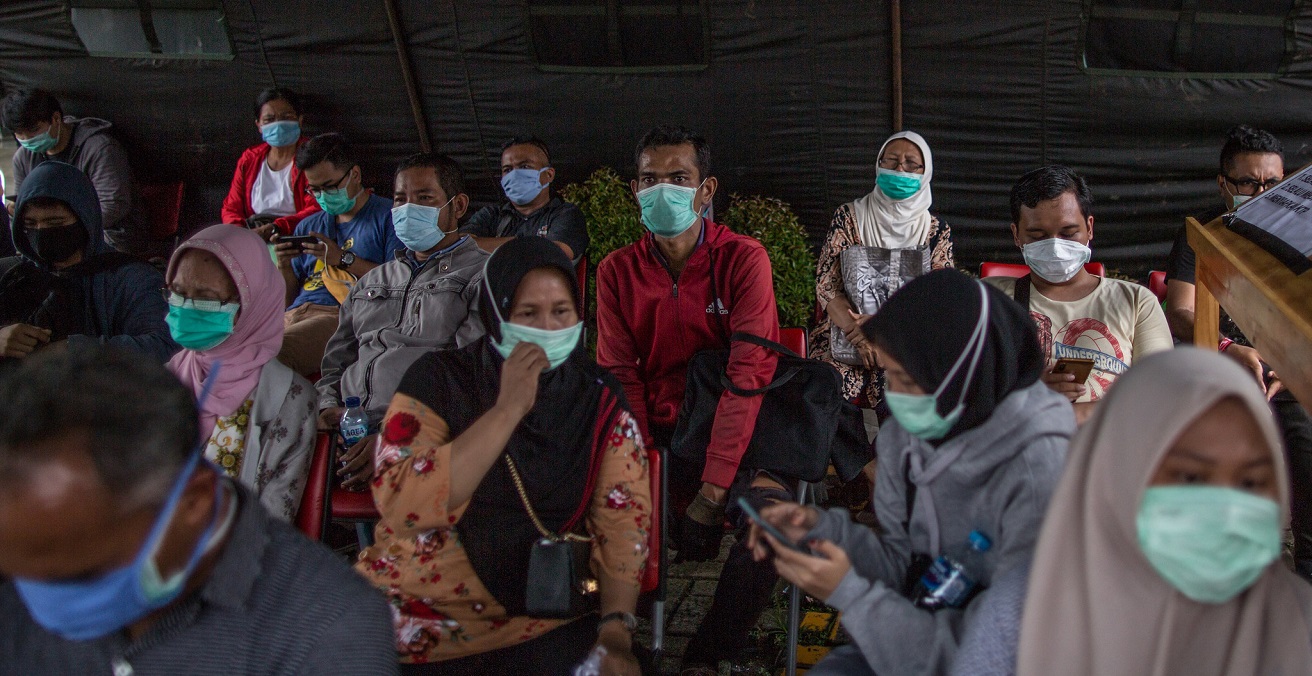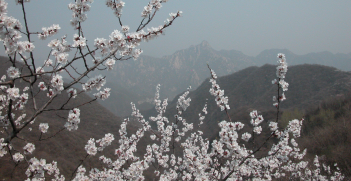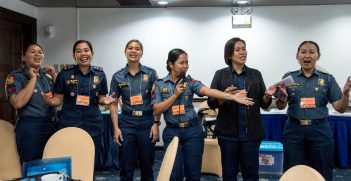COVID-19 Accelerates Democratic Regression in Southeast Asia

COVID-19 has accelerated the regression of democracy in Southeast Asia as the authoritarian residue of “crises” increasingly shrinks civic space. It is important that civil society be strengthened to push back against the rising authoritarianism to prevent further repression.
This is a key finding of the Asia Centre’s report “COVID-19 and Democracy in Southeast Asia: Building Resilience, Fighting Authoritarianism” which was released to mark the United Nations International Human Rights Day on 10 December 2020. The 54-page report, compiled from July to November 2020, examines the state of democracy and human rights in the region between 1 January and 30 November 2020. It encompasses a review of over 200 reports, articles, and case studies, examined by the key words and data presented. As the report has illustrated, placing human rights at the centre of crisis mitigation and recovery efforts has been the exact opposite of government responses to COVID-19 in Southeast Asia. Among others, the confiscation of civil society’s independent oversight functions by autocratic governments has been one of the negative outcomes of the pandemic. Governments have become the sole arbiters of truth by discrediting criticism of their mismanagement under “fake news,” defamation, and sedition laws, and technology offenses. So how have “crises” regressed democracy in Southeast Asia?
Following the 1997 Asian Financial Crisis, democracy in the region was scuttled for the sake of prioritising recovery efforts. As a result, development became a priority to ensure economic growth in countries for financial prosperity, while rights of workers were disregarded as labour laws and protective measures were slacked to improve economies. At the expense of workers’ rights, Malaysia, Singapore, and Thailand positioned themselves as attractive for low-skilled migrant workers in 3D jobs (dirty, dangerous, and demeaning).
The 2001 September 11 US terrorist attacks left in their wake heightened state surveillance in Southeast Asia, framed as national security protection. It also granted governments the opportunity to play on the insecurity of their populations and justify labelling Muslim activists as radicals and terrorists. In this way governments were able to move against Muslim activists in Southern Thailand and Mindanao and stifle outspoken Muslim critics in general.
The 2002-2004 SARS health crisis furthered privacy and movement violations from governments. What were initially home quarantine orders later developed into large-scale state quarantines to contain the virus in countries such as Singapore, and contact tracing was initiated in other affected countries, such as Vietnam. These became the genesis of the movement control and contact tracing orders implemented in response to the COVID-19 pandemic in 2020.
The 2004 Indian Ocean tsunami led to the swift end of the Aceh separatist movement underway since 1970 in Indonesia. The Indonesian government, noticing room for intervention, took the opportunity to sever access to the semi-autonomous Aceh province and force reconciliation under the narrative of crisis response.
As each of these crises subsided, governments reinforced the tactics at their disposal, regrouped resources, and prepared for the next unforeseen event. Consequently, these crises have left in their paths opportunities for governments to expand their hold on power and collectively build on the lessons learned from the previous crisis. All this has occurred while the frameworks in place to protect citizens have been chipped away.
The 2020 COVID-19 pandemic is no different than its predecessors. Since January, government responses to the COVID-19 crisis have been a cluster of learned behaviour from previous crises – which include those that regress democracy. Asia Centre’s report outlines “The Governments’ Crisis Playbook” in this regard, to clearly signpost the consecutive actions governments take to expand their reach during a crisis.
Over the past two decades, governments have repeatedly taken opportunities during crises to deepen their authority. The report outlines these successive steps as the following. Starting off, during crises, governments rely on emergency laws and temporary powers to extend the boundaries of current legislation. Democratic activities are suspended under the pretence of security measures. The surveillance of citizens is increased to deter and pre-empt democratic activities. Following this, political non-compliance or civil disobedience is framed as a national security threat or as an act of terrorism. Then, post-crisis, attempts are made to expand temporary legislation by enacting new and long-standing laws. Ultimately, these measures are then strengthened when the next crisis arrives.
The report, therefore, cautions that there is a real risk of governments expanding the temporary laws enacted in 2020 to be long-term laws and practices that further shrink civic space. During crises, civil society organisations have often been targets of attack, they are placed at the back end of collaboration, and they face hardship due to retracted funding. These realities add to the difficulties facing civil society in maintaining its democratic and human rights watchdog activities. The situation is the same during this pandemic.
Preventing the long-term instatement of further repressive measures requires support from three key stakeholders who are actively involved with civil society — the United Nations, state governments, and donors to civil society organisations. The United Nations must be reminded of its responsibility to increase civil society’s input during multilateral conversations with governments. Governments, in turn, must remove obstacles put in place by themselves to hinder civil society’s growth. Donors should be asked to review the rigidity of their funding guidelines during crises and adapt by supporting civil society work in the new digital environment.
Finally, civil society organisations themselves must be encouraged to innovate their daily operations and financial sustainability. Using new technologies is vital to broadcast content and broaden the reach of their work over social media platforms. Hence, investment in digital equipment, software licences and an in-house studio is important. Civil society organisations must also move away from sole reliance on donors and seek financial self-reliance. Developing enterprise activities such as providing event management, research, and other consultancy services can generate income streams for long-term sustainability.
As COVID-19 subsides, the inexorable heightened state surveillance will be the latest authoritarian residue to afflict Southeast Asia. Civil society needs to prevent these authoritarian “residues” from building up in order to reverse the regression of democracy in Southeast Asia.
Dr James Gomez is Regional Director of Asia Centre, a Bangkok-based not-for-profit organisation that aims to create human rights impact in the region. COVID-19 and Democracy in Southeast Asia: Building Resilience, Fighting Authoritarianism is released to mark International Human Rights Day, 10 December 2020.
This article is published under a Creative Commons Licence and may be republished with attribution.





